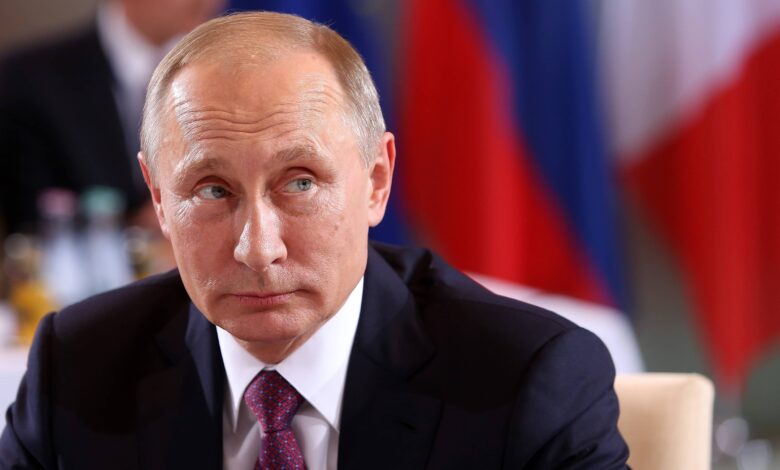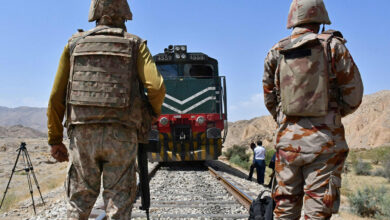
In a historic sweep,
Vladimir Putin clinched an unparalleled victory in Russia’s recent elections, solidifying his hold on power and sending shockwaves across the global stage. He contends this resounding win serves as a bold affirmation of Moscow’s defiance against Western pressures, particularly its military involvement in Ukraine.
Putin, a former KGB operative who ascended to the presidency in 1999, stressed the imperative for Western leaders to acknowledge and engage with a more assertive Russia in the years ahead. At 71 years old, Putin stands on the brink of securing another six-year term, potentially surpassing even Josef Stalin as the longest-serving Russian leader in modern history.
With an overwhelming 87.8% vote share, according to the Public Opinion Foundation (FOM), and 87%, according to the Russian Public Opinion Research Centre (VCIOM), Putin’s electoral victory marks a watershed moment in post-Soviet Russia.
However, several nations, including the United States, Germany, and the United Kingdom, have voiced concerns over the election’s fairness, citing incidents of political detentions and media restrictions.
Addressing supporters in Moscow, Putin pledged to confront the challenges posed by Russia’s ongoing military engagements in Ukraine and fortify the nation’s armed forces. He rallied the crowd, emphasizing unity as Russia’s greatest strength and proclaiming that no adversary could ever intimidate or subdue the Russian people.
Despite the jubilation among Putin’s supporters, skepticism lingers, with doubts cast on the legitimacy of the electoral process and its implications for Russia’s relations with the West. As Putin prepares to embark on another term, the world watches with bated breath, aware of the far-reaching ramifications for global geopolitics.



